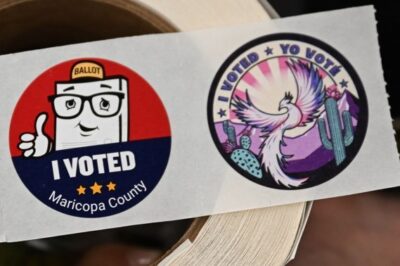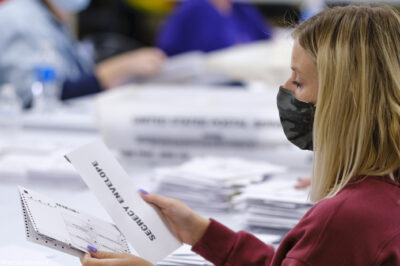Late yesterday we won a voting rights case that the ACLU and the Native American Rights Fund brought against the Alaskan state and local election officials for not providing language assistance to voters who speak Yup'ik, the primary language of Bethel residents.
According to the 2000 U.S. Census, the city of Bethel has a population of 5,471, 61.8 percent of whom are Alaska Native or American Indian. So to say this decision affects a lot of people would be an understatement.
The decision requires the state to provide trained poll workers who are bilingual in English and Yup’ik; sample ballots in written Yup’ik; a written Yup’ik glossary of election terms; consultation with local tribes to ensure the accuracy of Yup’ik translations; a Yup’ik language coordinator; and pre-election and post-election reports to the court tracking the state’s efforts.
Prior to the lawsuit, Alaska was in violation of the language assistance provisions of the Voting Rights Act by not adequately translating voting materials or election information into Yup'ik. One egregious example of how poor translations to Yup'ik were: A translation of a 2002 statewide natural gas ballot question used the Yup'ik word for flatulence.
That really says it all (or something).



